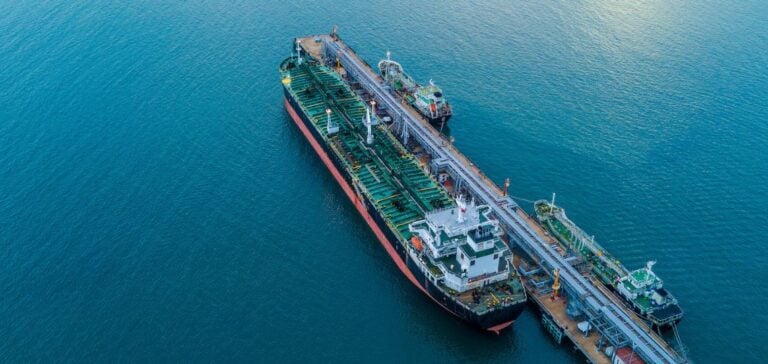Iran’s drone attack on Israel on April 13 has sharply heightened tensions in the oil- and gas-rich Middle East. This offensive follows the seizure of an Israel-linked cargo ship near the Strait of Hormuz. Crude oil prices climbed, a palpable sign of market anxiety.
Regional impact envisaged
A military conflict between Iran and Israel could quickly involve other major oil and gas producers in the region, such as OPEC members Saudi Arabia and the United Arab Emirates. The latter have already been the target of attacks by Iranian-backed Houthi militias. The region accounts for around 40% of the world’s oil exports.
Implications for maritime trade
The attack comes at a time when the region is already on high alert. Iran has also threatened to close the Strait of Hormuz, a crucial passage for world oil trade. This threat, if carried out, could seriously disrupt the flow of crude oil, condensates and refined fuels, as well as LNG.
International reactions and future implications
Following the attack, US President Joe Biden confirmed that almost all the drones and missiles launched against Israel had been intercepted. However, the tension remains palpable, with potential implications for global security and international energy policies. The UN, via Iran’s permanent mission, said the operation was a timely response, but warned of a more severe reaction in the event of further provocations.
Impact on specific marine operations
On the same day, Iranian forces seized the MSC Aries, a Portuguese-flagged container ship with Israeli links, exacerbating the risks of major disruption. This seizure highlights the increased risks for commercial vessels in the region, already affected by the Israel-Hamas conflict.
Recent events between Iran and Israel pose a significant risk not only to regional stability but also to the global economy, directly linking regional security to the stability of international energy markets.





















